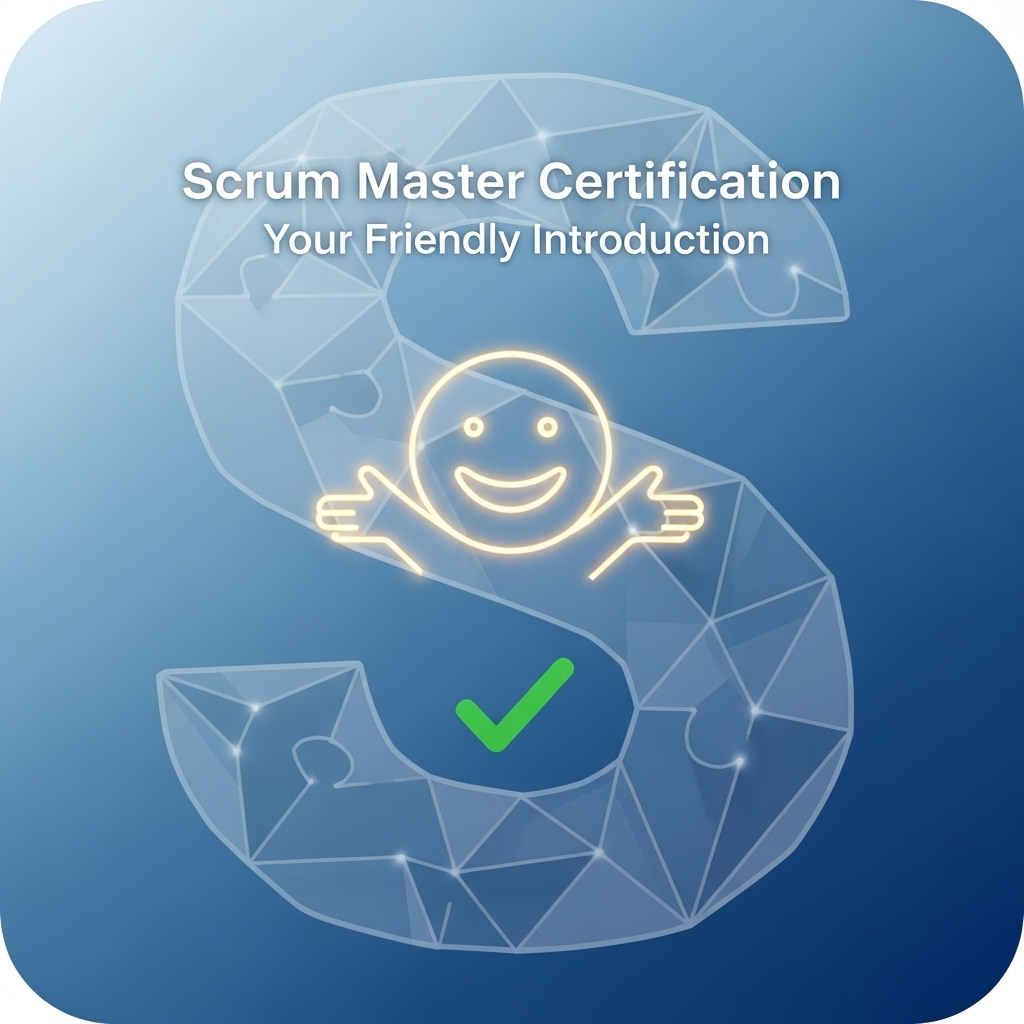Are you curious about scrum master certification? Even without a technical background, you can learn how this credential opens doors to modern team management and leadership. Let’s walk through the essentials so you can see if it’s the right fit for your goals.
What is a Scrum Master?
First, let’s demystify the term. Scrum is a way that teams organize their work, especially when building products or tackling new ideas. A Scrum Master isn’t a boss, but more like a guide or a coach for the team. Their main role is to help everyone follow the scrum process and to clear away obstacles that may slow things down. For instance, if someone is blocked by a tricky issue, the Scrum Master steps in to lend a hand or find resources.

The roots of scrum are in software, but now companies in many fields are using it to improve productivity and morale. You can learn more about it from resources like the official Scrum.org introduction.
The Role of a Scrum Master in Simple Terms
Imagine being the friendly coach at a sports game. You don’t play on the field, but you help the team stay organized, keep spirits high, and make sure everyone understands the play. A Scrum Master works in a similar way: helping teams plan their work, run meetings, solve problems, and celebrate progress. They also make sure everyone on the team uses scrum rules fairly and kindly. However, unlike traditional managers, they don’t give orders or assign tasks. Instead, they encourage teamwork and help people communicate.
Why Consider Getting a Scrum Master Certification?

You may wonder why a scrum master certification is important. Earning this credential shows future employers or clients that you understand scrum principles and know how to put them into action. For example, many companies value this certification even if your background isn’t technical, because it focuses on communication, problem solving, and supporting teams. Plus, the certification lets you join a supportive network of fellow scrum professionals around the world.
When employers see a scrum master certification on your resume, they know you’re serious about continuous learning and teamwork. If you wish to compare certificates, check out Project Management Institute’s Agile Certifications as well.
How to Choose the Right Scrum Master Certification
There are several organizations that offer scrum master certification. The most well-known are Scrum.org, Scrum Alliance, and SAFe. Sometimes, you’ll find training from institutions like Coursera, offering beginner-friendly courses. When picking a certification, consider:
- Your budget (some courses are more affordable than others)
- The time needed to study before the exam
- How reputable the provider is in your industry
- What extra resources or community support they offer afterwards
Most training is highly interactive and involves workshops, group activities, and real-world scenarios. This helps you not just understand the process but also practice the skills you’ll use every day as a Scrum Master.
Scrum Master Jobs: What Opportunities Are Out There?
The demand for people with a scrum master certification is growing quickly. While the job title is “Scrum Master,” you’ll also see related positions like Agile Coach, Project Facilitator, or Team Lead. These roles support teams in technology, marketing, design, education, healthcare, and more. Many employers appreciate candidates who blend communication skills with a knowledge of agile ways of working.

Scrum master jobs often appeal to people who enjoy working with others, organizing group efforts, and helping individuals grow. It’s a good fit if you’re upbeat and patient, as much of your work will involve listening and gently guiding teams.
Understanding Scrum Master Salary Expectations
If you’re curious about the financial side of scrum master jobs, the news is generally positive. Salaries vary by location, experience, industry, and the certification you choose. In the US, for example, PayScale and Glassdoor show that entry-level scrum masters can earn $70,000 or more per year, with more seasoned professionals reaching $100,000 or beyond. Other countries often offer competitive salaries for certified scrum masters as well.
Salaries are higher in major cities or for those with both scrum master certification and hands-on project experience. But even if you start in a junior role, there’s good opportunity to grow and take on higher-paying positions as you gain confidence and expertise. For detailed, up-to-date numbers, the Glassdoor Scrum Master Salary page is a helpful resource.
Kanban vs Scrum: Two Popular Ways to Organize Work

Maybe you’ve heard the term “Kanban” used alongside “Scrum.” Both are methods teams use to manage their work, but they have some differences. Kanban is typically visual—it uses a board with columns like “To Do,” “Doing,” and “Done.” The idea is to help everyone see where work stands at a glance and avoid having too many tasks in progress at once.
Scrum, on the other hand, divides work into short cycles called sprints (usually two weeks). Teams set goals at the start of each sprint and meet daily for a short check-in called a “daily standup.” At the end, they review their progress together and plan for the next sprint. While Scrum is best for teams who want regular structure, Kanban is more flexible and lets work flow continuously. Both are useful, and sometimes teams combine elements of each, depending on their needs.
You can read more about “kanban vs scrum” on the Atlassian Agile resources for a friendly visual breakdown.
Next Steps: Is a Scrum Master Certification Right for You?
If you enjoy helping others, communicating, and organizing group efforts, scrum master certification could be a great next step. Even without a technology background, you can learn these practical skills and apply them to a wide range of jobs. Many people find the journey empowering—they not only earn a valuable credential, but also join a welcoming community that values collaboration and growth.
Remember, the first step is simply to learn more and consider what fits your style. If you’re interested, training organizations like Blanmo can help you discover the right course for your situation.
And whatever path you choose, understanding scrum will help you work better with teams—no matter your industry or job title.
